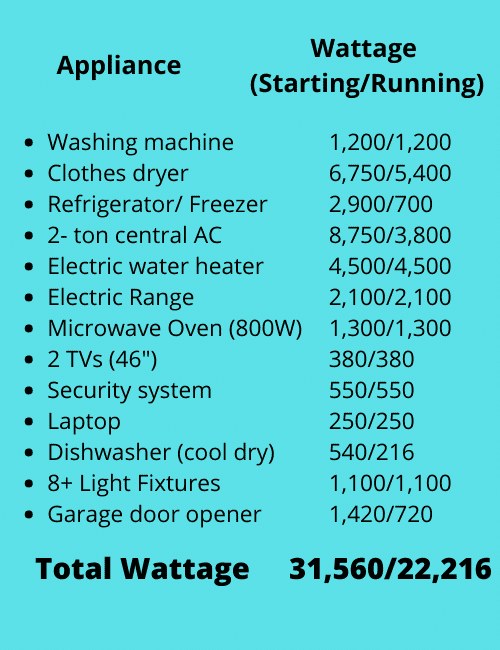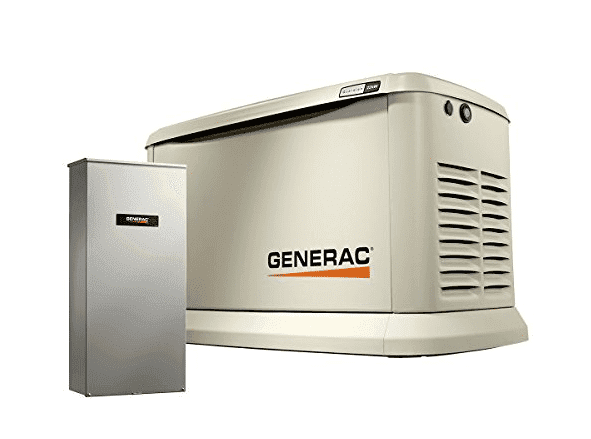Choosing the right home generator is very important and the first questions most often asked are, how big of a generator do I need? What size of a generator do I need for my house? What generator size is enough to run a refrigerator and freezer? How many watts do I need to power my MIG welder/sump pump/air compressor? These are all critical questions to answer before proceeding with buying a home generator. This is because too small a unit may not be able to handle a central air conditioner or keep the pumps running. Using too large of a generator will be inefficient and wastes fuel eventually.
In order to determine what size generator you need to power your whole house:
- Firstly, figure out the starting wattage (i.e. “surge” wattage) of the appliances and fixtures you want to power.
- Find a generator powerful enough to exceed the combined wattage of everything that needs electricity.
In this article, we’ll guide you through the process in more details below. But first, we are going to be taking a look at how generators are sized.
How Home Generators Are Sized
The size of a generator is determined by its electrical output rather than its physical dimensions. They’re measured in watts (W) or kilowatts (kW), which are both units of electrical measurement (1kW = 1,000W).
The capacity of generators is measured in kilovolt-amperes (kVA). The kVA is a measure of apparent power that indicates the entire amount of power consumed by a system. kW Equals kVA in a 100 percent efficient system. Electrical systems, on the other hand, are never 100 percent efficient, therefore not all of the system’s apparent power is employed to create useful work output.
If you know the electrical system’s efficiency, you can convert between kVA and kW. The more effectively the kVA is transformed into useable kW, the closer the power factor is to 1.
Generators have a power factor of 0.8, according to international standards. When matching the size of your load to a generator, power factor is critical: a generator rated at 100kVA with a power factor of 0.8pf will be insufficient to power equipment that requires 100kW of real power.
As a result, selecting the appropriate generator size is critical.
You might wonder why. If you acquire a generator, that is
- Too small, it will overload or be forced to give more power than it can manage. If this happens, the generator will either shut down or overheat, frying both the generator and your expensive equipment.
- Too large, you’ll overpay for both the unit and the cost to operate it, which basically means you’re wasting money and resources.
Now, let’s look at how to figure up what size generator your home need.
Determine what size home generator you need in just 3 simple steps
To calculate what size generator you need to power your whole home, follow these 3 steps:
- Step 1: Start by making a list of the most important circuits in your home. These include refrigerators and freezers, central air and furnace, sump pumps, well pumps, and medical equipment.
- Step 2: Determine the starting and running wattage of everything on your list. If you can’t find these numbers on the appliance label, you can use this

Note: Starting wattage (sometimes known as “surge wattage”) is the amount of power required to start an appliance. The starting wattage of an appliance is usually 2-3 times larger than the “running” wattage, or how many watts it requires to operate continuously.
- Step 3: The generator size is easy to pick once you know the approximate power required. Choose a generator with a capacity that is 10-20% more than your demand, whichever number you come up with. This will provide you some flexibility or room if you decide to upgrade your equipment and find that you require additional power as a consequence. It also aids in the management of “de-rating,” or the generator’s underperformance compared to its manufacturer’s declared capabilities owing to harsh operating circumstances such as high altitudes or severe temperatures.
Note: Always remember that a DIY wattage estimate is just that: a guess. To be safe, use a wattage calculator or, better yet, have a professional electrician determine the precise wattage you require to assist you in selecting the appropriate generator size.
If you’re up for trying it yourself though, let’s look at a couple examples.
AirPlus includes a Free 10 Year Parts & Labor Warranty & One Free Year of Generator Maintenance with 24 Hour Off-Site Monitoring With Every New, Installed Fixed Generac Generator We Sell!
Using A Home Generator To Power Your Essential Circuits
If you just want to power the “essentials,” your list may look like this:

Based on this load calculation you would need a generator in the 25kW size range to support the items listed above, since the starting wattage is 24kW.
Now, you may be thinking “I don’t need a 25kW generator because I am not going to be running all of these items at once . . . a 15kW would do just fine”.
Even if you plan to use these appliances one at a time, a correctly sized generator expects that everything connected to it will be running at the same time.
The National Electrical Code (NEC) modified the rules for the installation of fully automated generators in 2008. Prior to the 2008 NEC, it was permissible to install a backup generator if the homeowner agreed not to use heavy power equipment at the same time. Automated generators must now be sized to handle the whole load connected to the generator, or automatic load management must be used, according to the NEC.
Due to non-compliance with the NEC, improper standby generator size might result in an electrical inspection failure. To guarantee your family’s safety and prevent additional fees connected with a failed inspection, use a generator installer who is knowledgeable with and follows the regulations.
Can A Home Generator Power My Whole Home?
If you want to power pretty much everything in your house, your list should look something like this:

In this situation, you’d probably want at least a 35kW whole-home generator.
Conclusion – Correctly Size Your Home Generator To Match Your Unique Power Needs
Need a professional to help you find the right size generator?
We’re here to help!
- AirPlus has the engineering and technical expertise to properly size and custom package the right power solution to fit you unique applications.
- Improve the reliability of your power, increase the life span of your equipment, and lower your maintenance costs.
Contact us Today!
.2309121422550.png)

